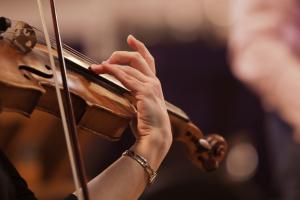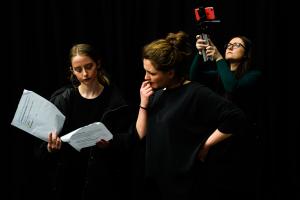Main Research Areas
Find out more about the research and PhD supervision that our staff conduct in these main areas.
Find out more about the research and PhD supervision that our staff conduct in these main areas.
Research forum and seminars
Our thriving research culture of interdisciplinarity and collaboration extends to our research postgraduates, who are closely involved in the activities of the respective areas, presenting or publishing papers and collaborating with research projects.




